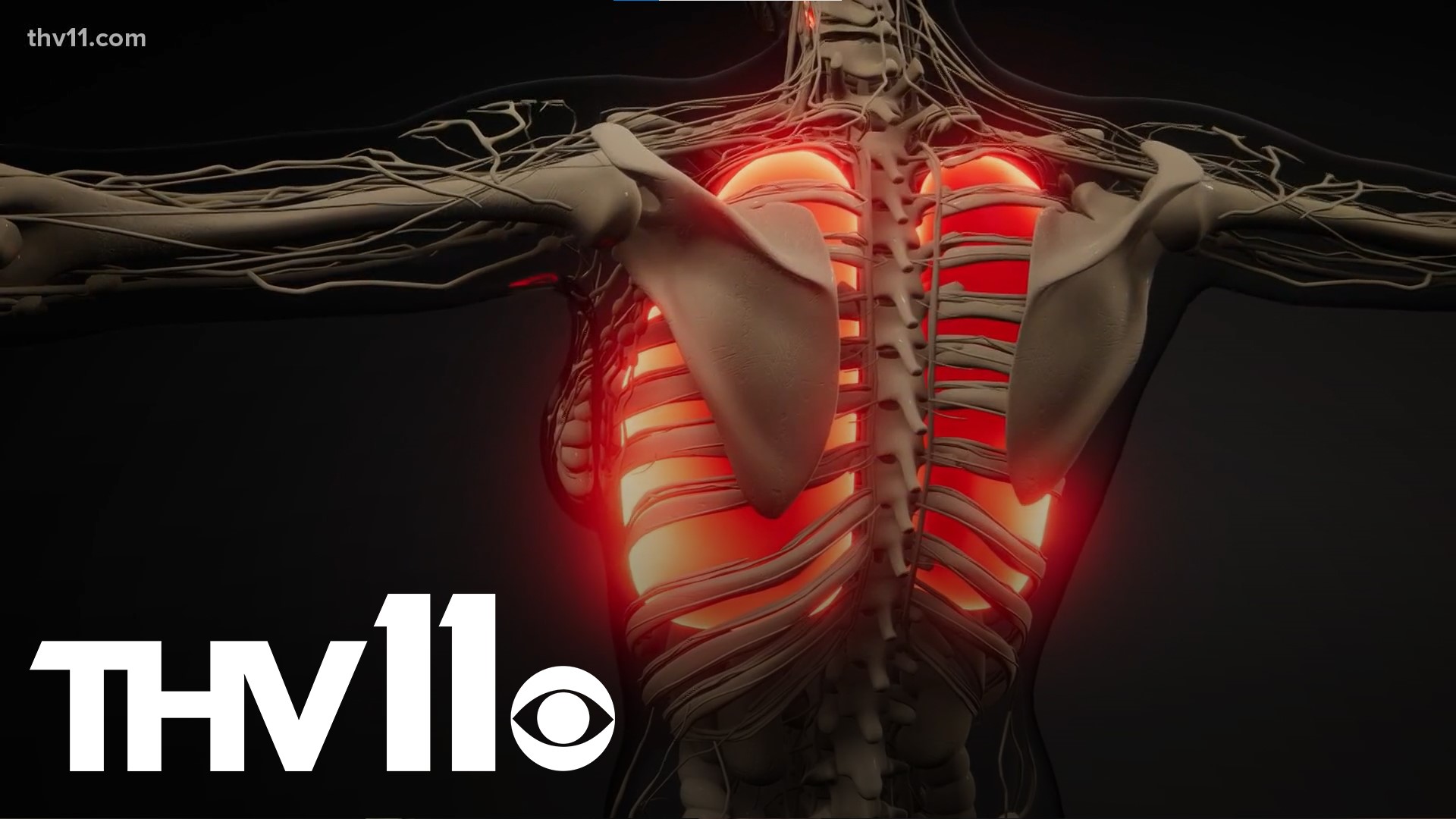LITTLE ROCK, Ark — When it comes to medical diagnoses, the earlier you're able to detect it, the better.
For one Little Rock woman who was recently diagnosed with lung cancer, she was able to get a head start on beating it-- all thanks to a new technology at UAMS.
"I was not smoking. It was just everyday--I play with the grandkids. I had a normal life. I mean, I was starting to get shorter of breath, but now we understand why," said Cynthia Chapman, who was diagnosed with lung cancer in October.
She received help from UAMS's Dr. Nikhil Meena, who helped diagnose Chapman with the Ion Endoluminal Robotic Bronchoscopy System.
Made by Intuitive, it was used at the hospital for the first time back in September. The machine allowed Dr. Meena to find early cancerous nodules in the lungs of two patients.
Dr. Meena said the first patient had a nodule that was unable to be biopsied properly by their earlier technology. The second patient had multiple small nodules, two of which were found to be cancerous.
The Ion Endoluminal Robotic Bronchoscopy System is a machine that has a camera small enough to fit down the throat, with the ability to reach into the smaller regions of the lungs.
"So your lungs are basically upside down trees. So, there's a fruit or a nodule on that tree. It's usually far away on one of the branches," said Dr. Meena. "So, not only do you need to climb on to the right branch, you have to also go far away into that branch to grab that fruit or nodule."
The machine gives doctors real time video that's able to detect anything unusual in the lungs.
"Previously we had bronchoscopes which were bigger in size and you could get on the right branch, but you couldn't get far enough down the branch, or you were not able to get on to the right branch because your bronchoscope didn't move a certain way," said Meena.
Doctors found a mass on Chapman two years ago, and monitored it.
With the new technology, they were about to see it developing into cancer.
"I mean, I'm just thankful that they were able to find it as early as they did because it's still in the first stage, so the survival rate is higher," said Chapman.
Dr. Meena is hopeful that things goes well during Chapman's surgery in early December. She hopes that Chapman, who wants to spend more time with her grandkids, will able to rest at home on Christmas.

